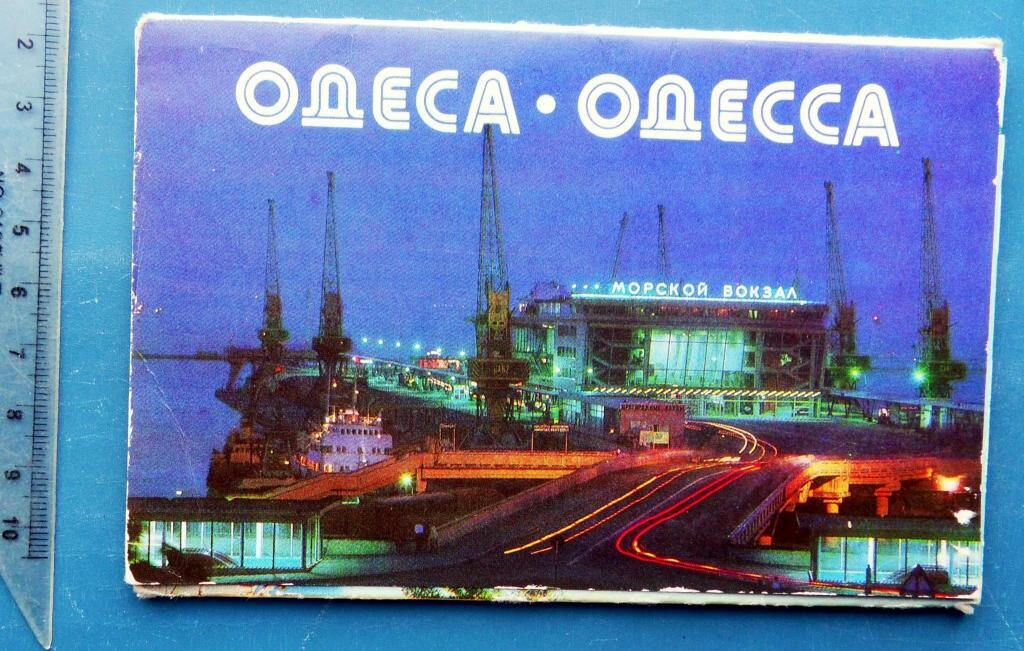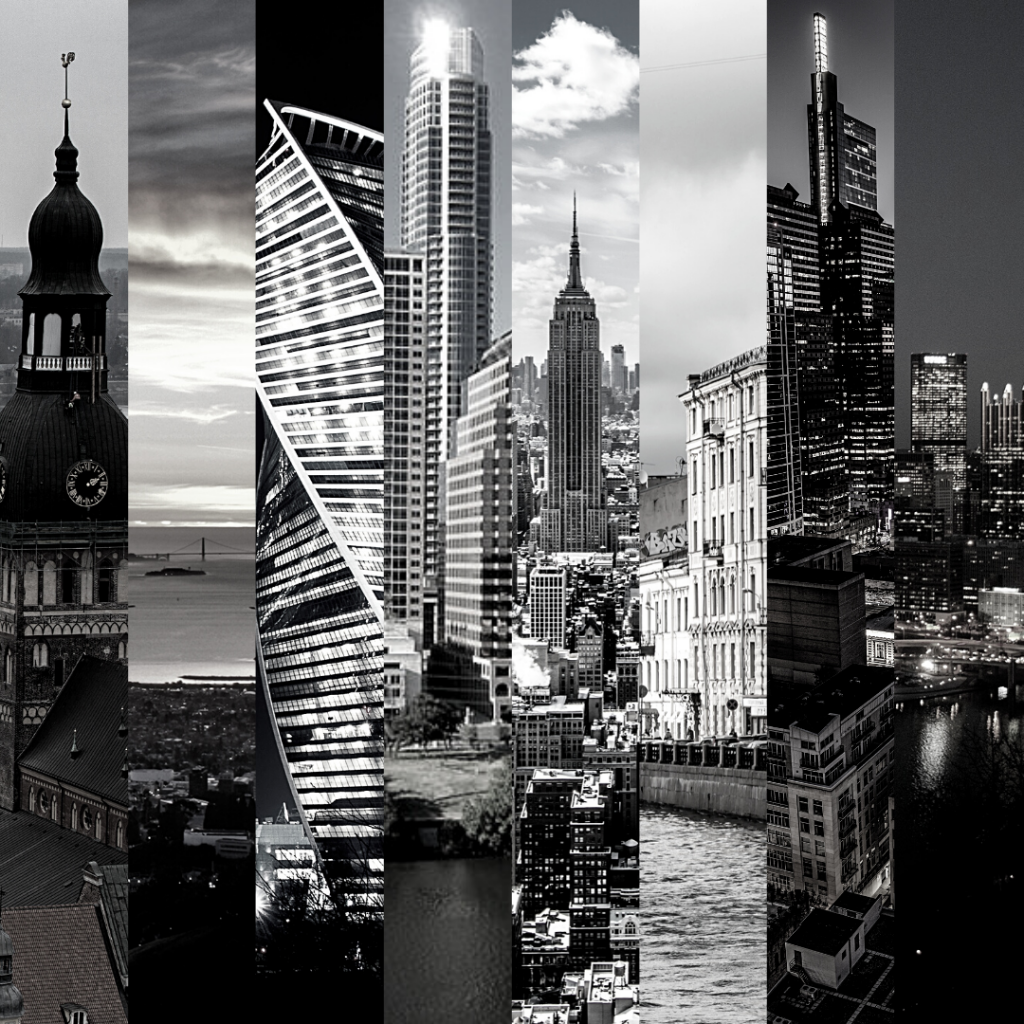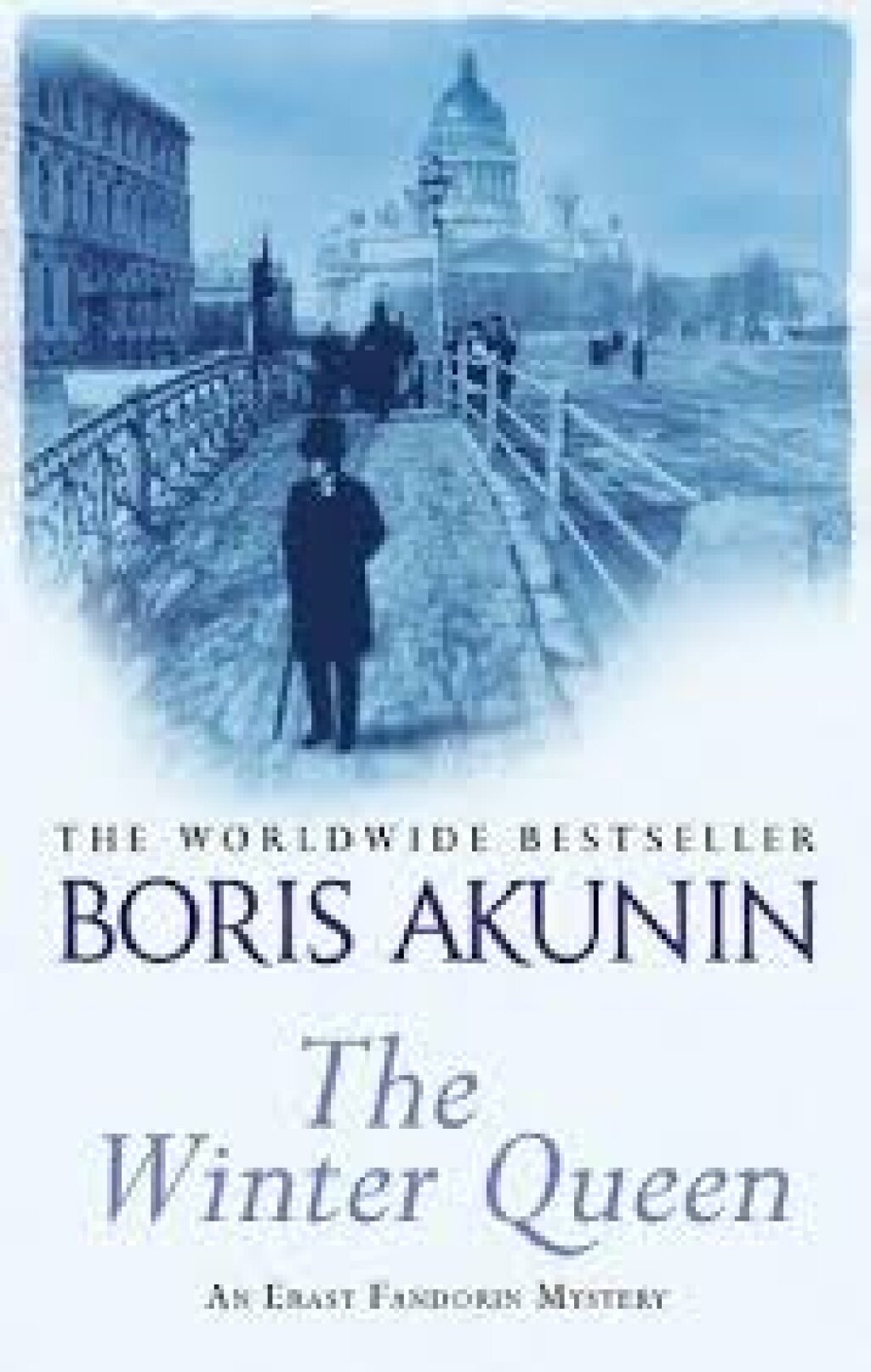Editor's Note: This week, All the Russias will be running a series of excerpts from Emil Draitser's new novel, Farewell, Mama Odessa, out this month from Northwestern University Press. The novel is set in 1979, at the height of the Soviet Jewry movement in America and worldwide. This is Part IV in our four-part series; Part I may be found here, Part II here, and Part III here.
Emil Draitser is an author and professor emeritus of Russian at Hunter College in New York City.
“Survivor’s Guilt,” Part IV
The more I learn about Si, the more he keeps amazing me. Consider this. Back in our homeland, from our cradles, they drilled it into our heads that all an American businessman, capitalist pig that he is, thinks about is how to line his pockets with money until they burst at the seams. And here, instead of fretting over every penny, businessman Si Frumkin doesn’t spare any expense in throwing a monkey wrench into public indifference regarding the issues he cares so much about.
Here are a couple of examples for you, Boris. What they call football here, in America, has nothing to do with what we are used to seeing back in Russia. Here, contrary to the game’s name, they play it with their hands. To give you an idea of what this game is all about, imagine a group of ultra-orthodox rabbis trying to smuggle their most sacred book, the Torah, into the Soviet Union, where, as we all know, they don’t welcome it. The rabbis are confronted by Soviet border guards armed to the teeth and ready to lay down their lives lest the dangerous book doesn’t cross into the Soviet territory.
It seems anything goes to win. The moment they tackle the ball-carrying player down to the ground, the opposing team jumps up and piles in a heap over him. Since the tackle often causes concussions, the players wear helmets, not unlike medieval knights for whom cracking their opponents’ skulls was the ultimate pleasure.
The spectacle is exciting, like any bar brawl; as you know, violence is highly watchable. Once a year, on one of the Sundays, they play the final American championship game; they call it the Super Bowl here. It takes place at some huge stadium. The Sunday of the match is an unofficial national holiday. The streets are empty as if aliens invaded the country, declared martial law, and imposed a curfew.
The whole country sits down in front of the TV sets, stocking up on beer, chips, and popcorn. It is one of two days a year when Americans gain half of their excess weight. (The second day is Thanksgiving, when it’s customary to fill yourself up with the meat of the most innocent bird on the American continent—turkey.)
Before the game begins and during halftime, the world’s biggest pop stars perform—Michael Jackson, Paul McCartney, the Rolling Stones, you name it. The entire country, including newborns, even if their eyesight hasn’t developed yet, watches this competition. For the amount of money the advertisers pay per TV minute, you can buy a house here in L.A. (by no means a cheap place to live) with a pool and a two-car garage. You could probably buy both those cars, too!
Could you imagine the pretty penny it cost Si to hire a helicopter flying in the skies a banner that read save soviet jews! over a packed stadium?
So, Boris, when you are finally here, you must meet Si and Zev. We should do whatever we can to express our gratitude for all they have done—and are still doing!—on our behalf.
Hugs, Ilya.
Copyright © 2020 by Northwestern University Press. Published 2020. All rights reserved.



